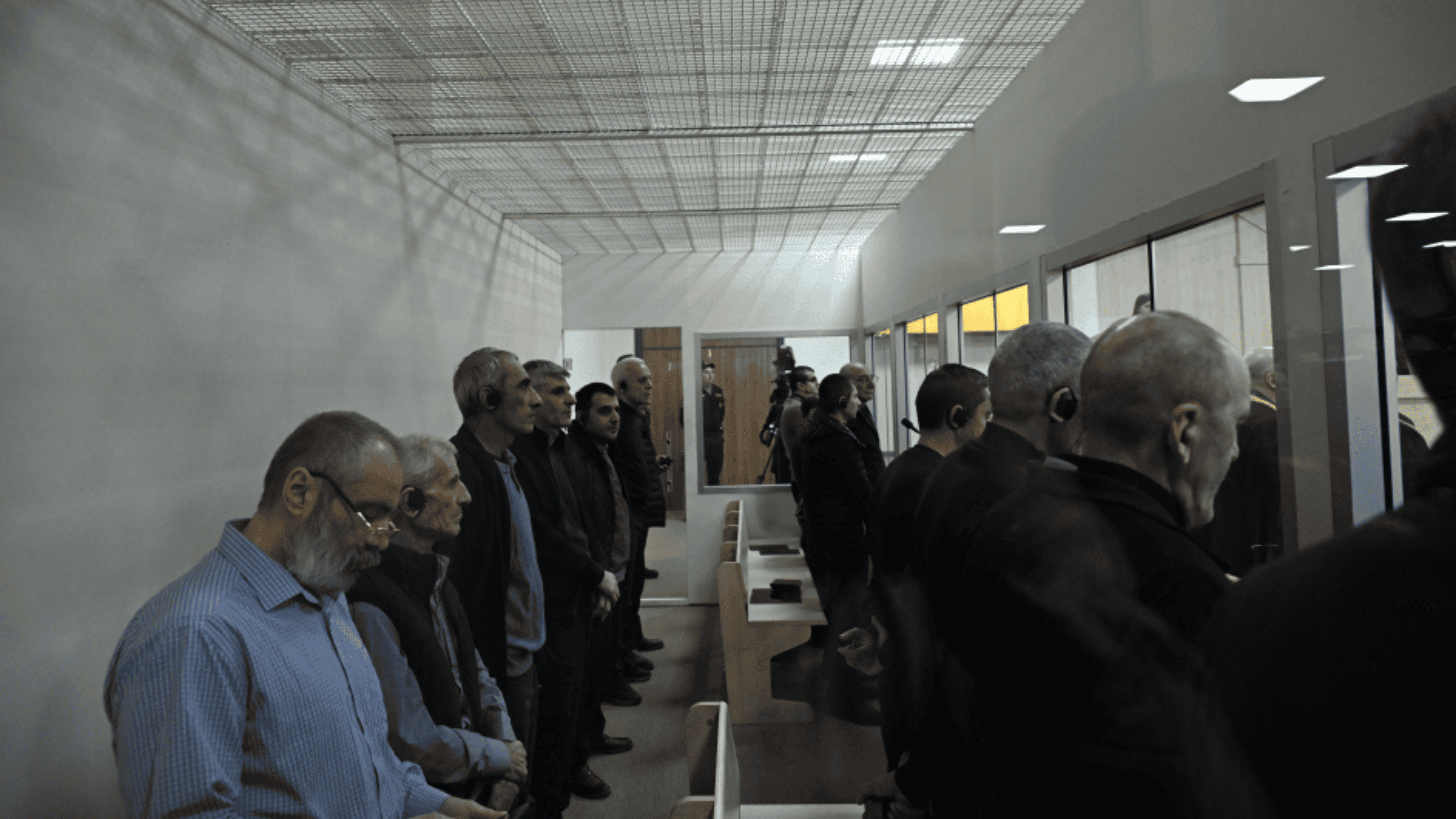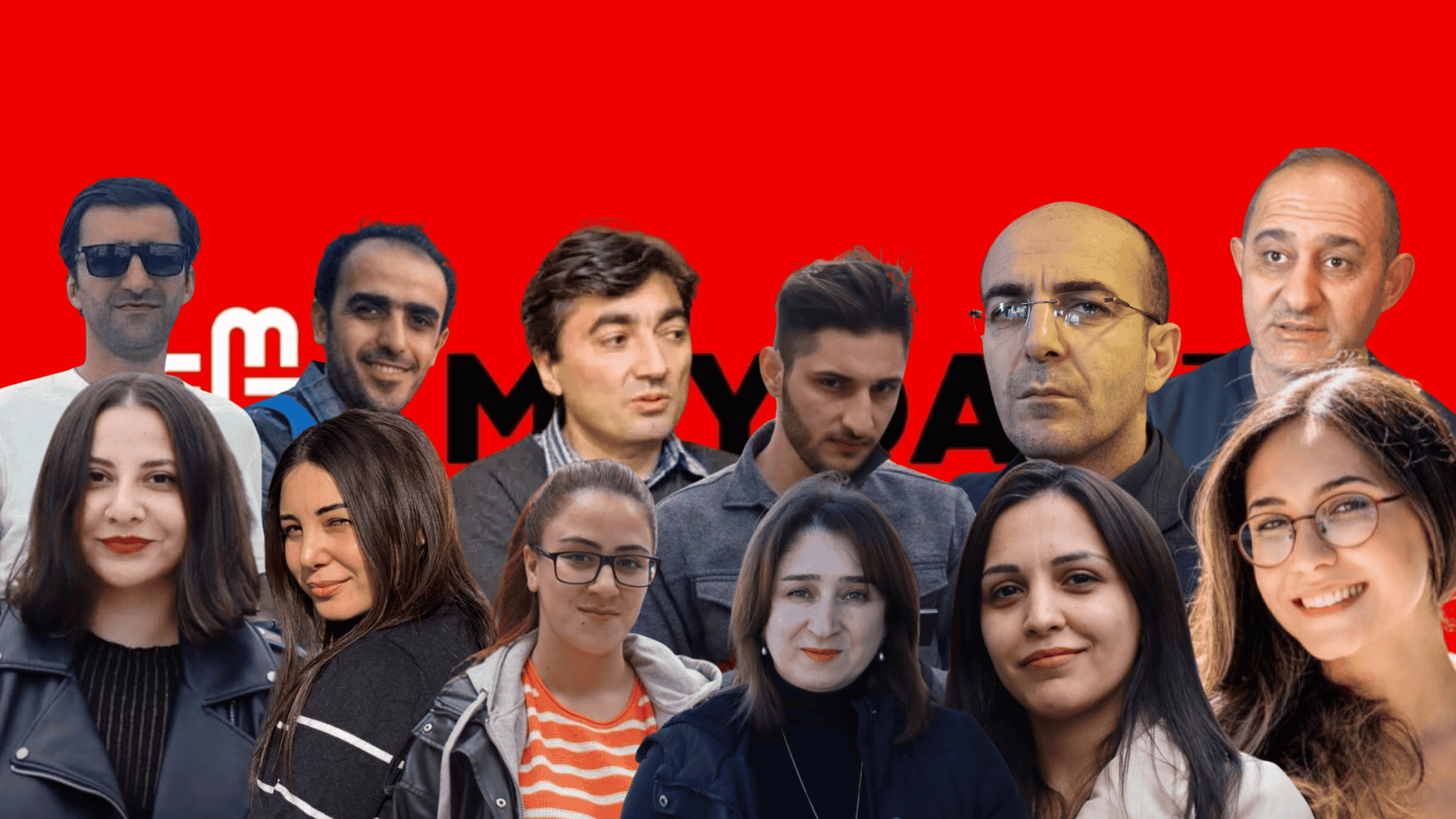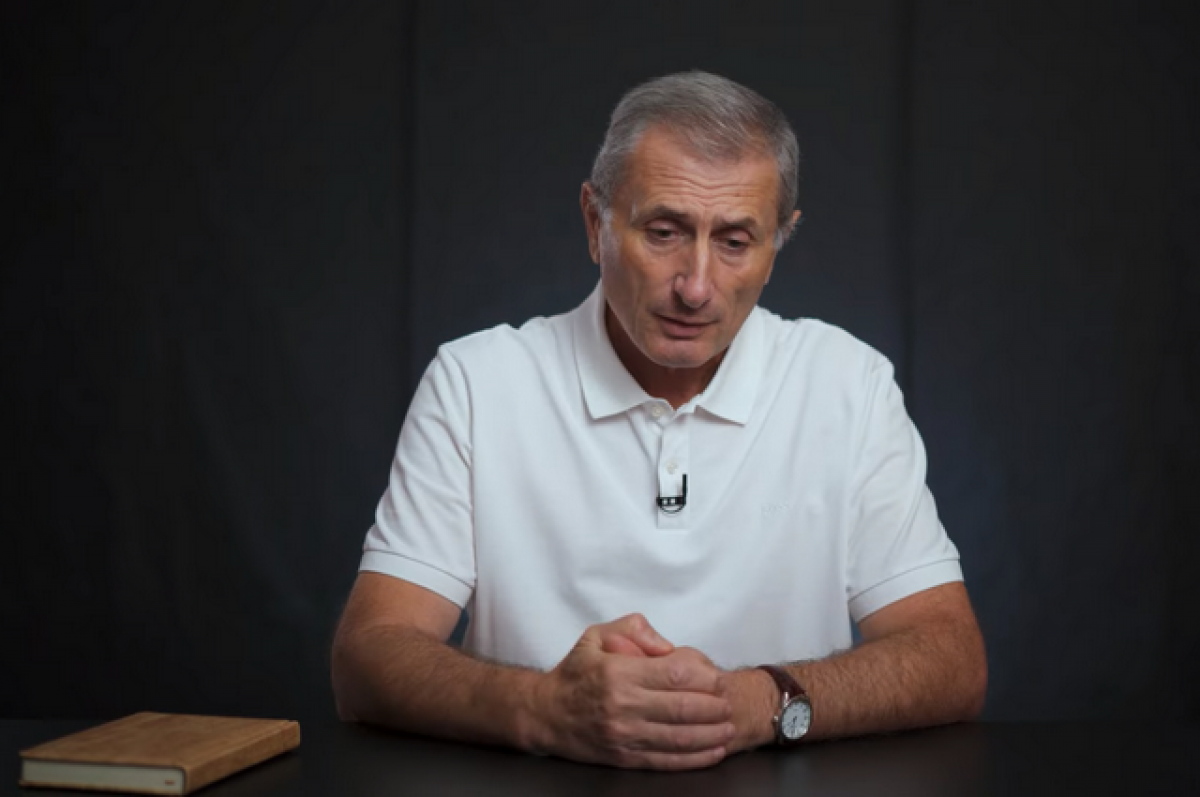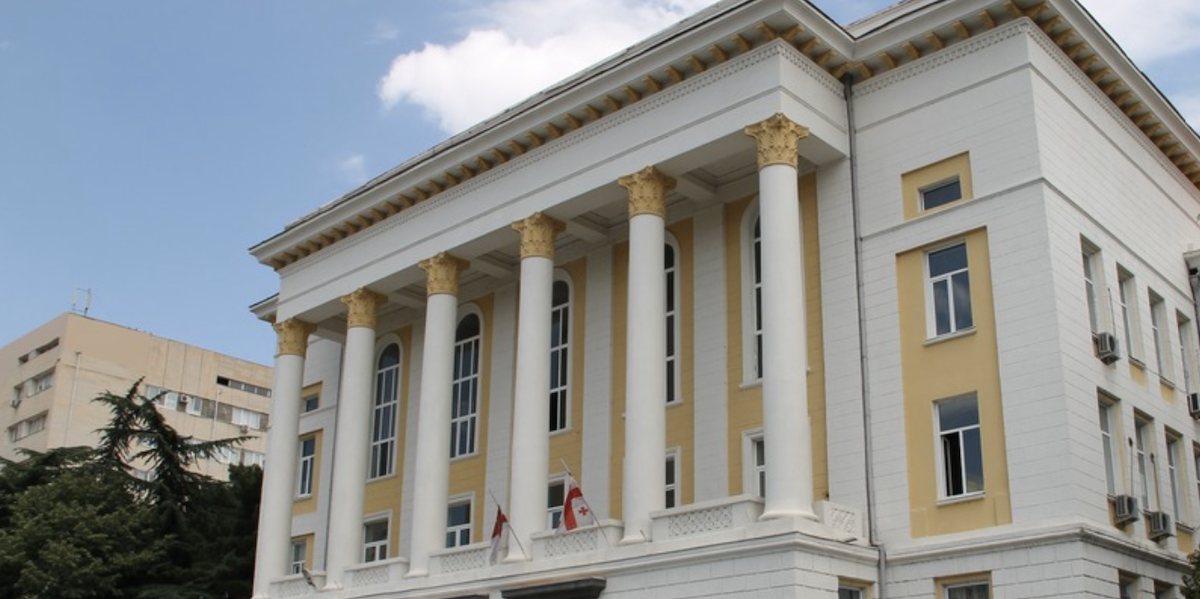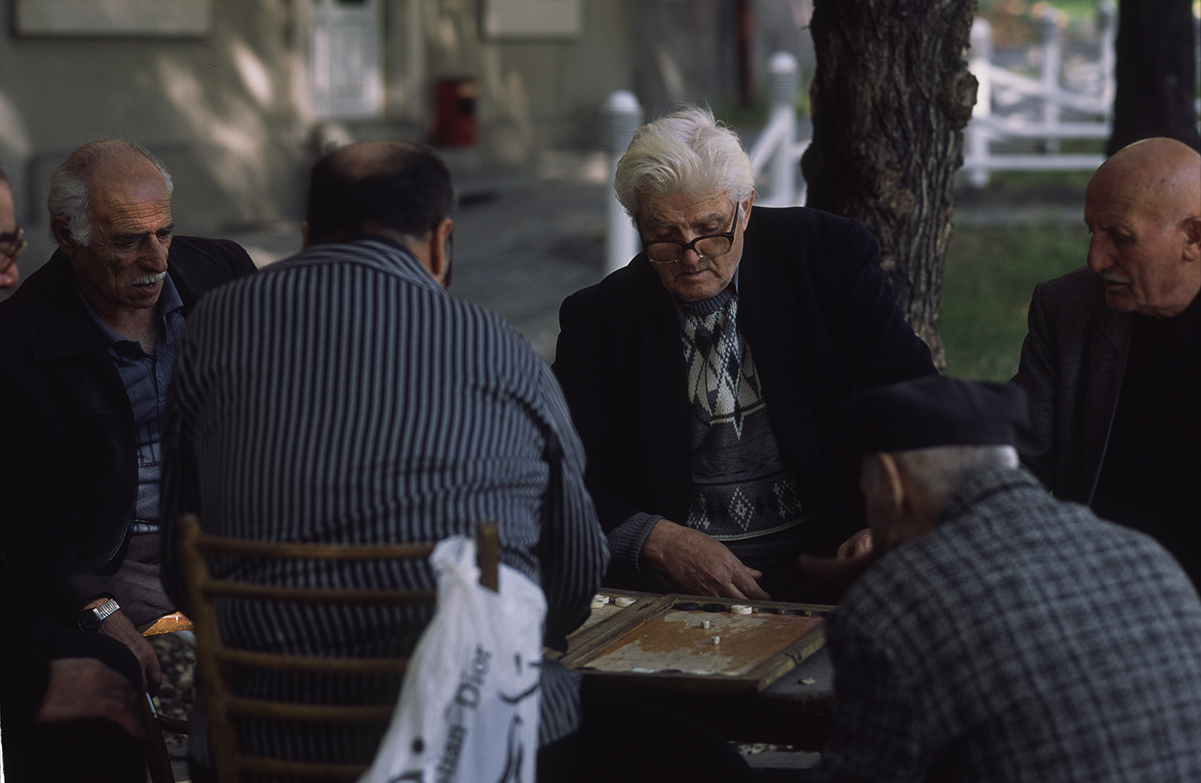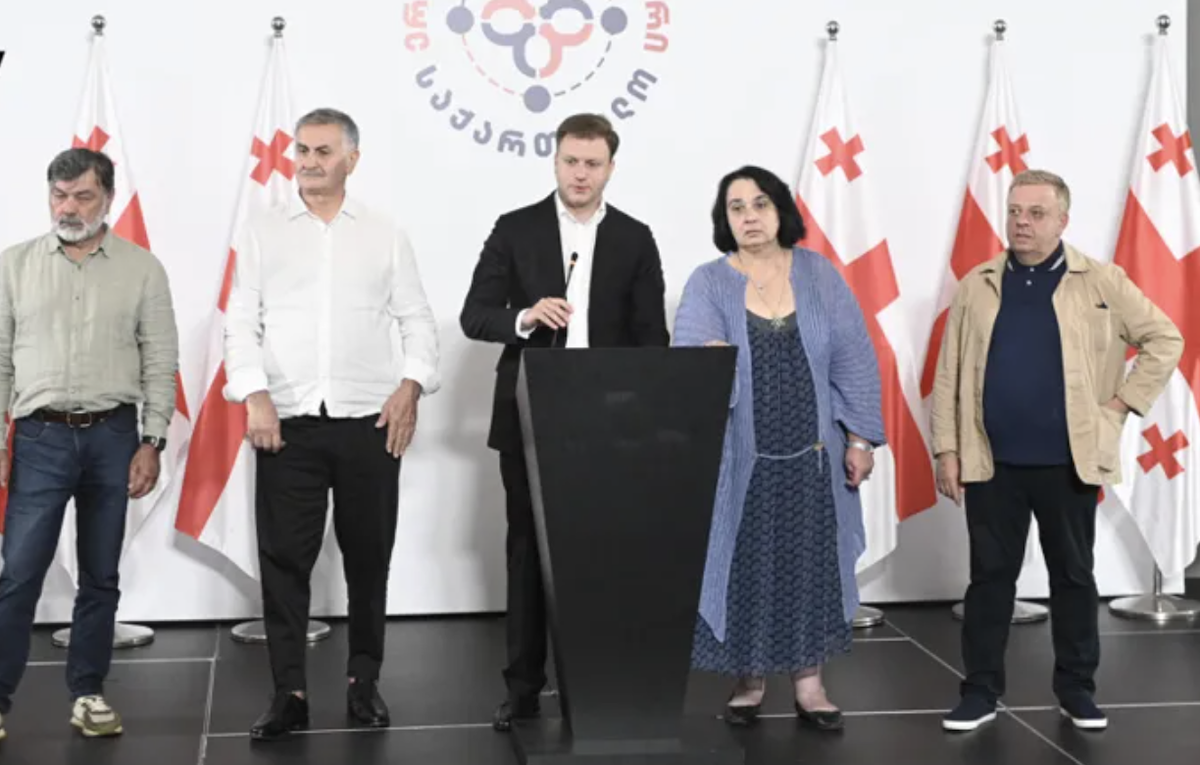Quarantine or self-isolation upon arrival in Georgia - know your rights
Georgia’s borders have been closed since beginning of the coronavirus pandemic. Citizens returning home from abroad are still required to undergo a 14-day quarantine. Practically all of them are placed in hotels in different regions of the country at the government’s expense, and do not have the right to choose where they stay.
Around 20,000 people have already gone through this process.
However, very few of them knew that in many cases, they had the right to self-isolate in their own home, so very few people were able to exercise this right.
Online court
Anna Arganashvili is a lawyer and human rights defender who, after returning home with her husband and 11-year-old son from the USA at the end of June, became the first person to successfully opt out of quarantine and self-isolate at home after appealing to court. This helped other families with children do the same.
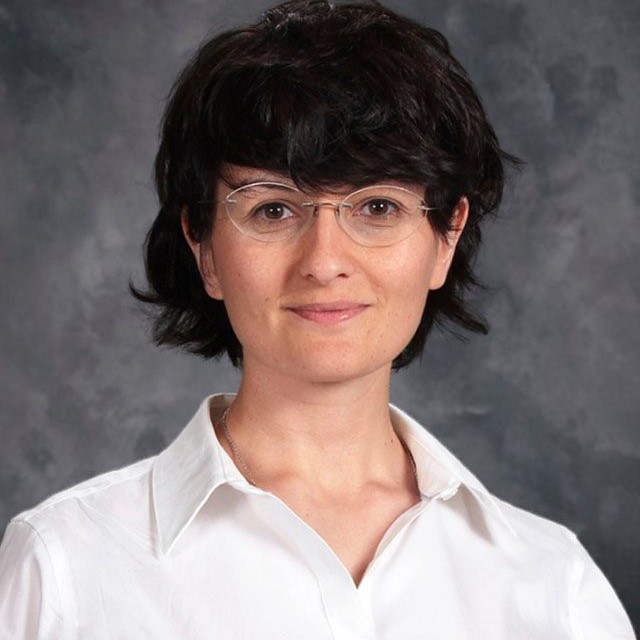
As Arganashvili told JAMnews, before coming home, she carefully studied the laws and found out that there was an alternative to quarantine—self-isolation, which could be carried out at home.
• How did the lockdown and pandemic affect mental health in Georgia – a psychologist explains
• Quarantine in Azerbaijan: suicide, sexual harassment by police and other consequences
• “There is hope that people will change.” Solidarity with the trans community in Georgia
The law delineated certain categories of people who had the opportunity to choose this alternative. It applies to diplomats, people with special needs, and underage children. In addition, it indicates that there may be other reasons to place someone in self-isolation instead of quarantine.
“Before we left, we sent in a request for self-isolation, but by the time we arrived, we still hadn’t received a response…When we landed, I noticed that the process was rather unorganized. We had to stand in a line for a few hours, no one was checking what countries people were flying in from, there were elderly people and children in line…They told us that our last name wasn’t on some special list, and that they knew nothing about our request,” said Arganashvili.
In the end, her family was sent to a hotel with the other new arrivals.
“Once we arrived at the hotel, I immediately realized that the place was acceptable for adults, but was not at all suited for children. Kids need to move around, they cannot just lie in bed all day or sit perfectly upright on a chair, they need to run around, they need their own things, special food, a certain hygiene routine.”
Arganashvili decided to appeal to court.
“Quarantine is not only a medical measure, from the point of view of human rights it is a restriction of freedom, almost the same as a prison or detention by the police.
Our freedoms are guaranteed by our constitution and international law, and must be accompanied by certain material and procedural guarantees. That is, in all cases when my freedom is limited, this decision must be justified, legal and proportionate, that is, must not exceed the limits of what is necessary.”
She filed a lawsuit online, while already in quarantine, and also participated in the court session via videoconference. As a result, the family managed to leave the hotel after spending 11 days in quarantine instead of 14.
Arganashvili believes that in her case it is not so important how many days of quarantine the family eventually managed to avoid, what is important is that a precedent has been set that other families have already been able to use, moreover, without going to court:
“Literally on the second day after this decision, we heard about cases when children were transferred to self-isolation. Also, everyone who later applied to our organization was transferred.”
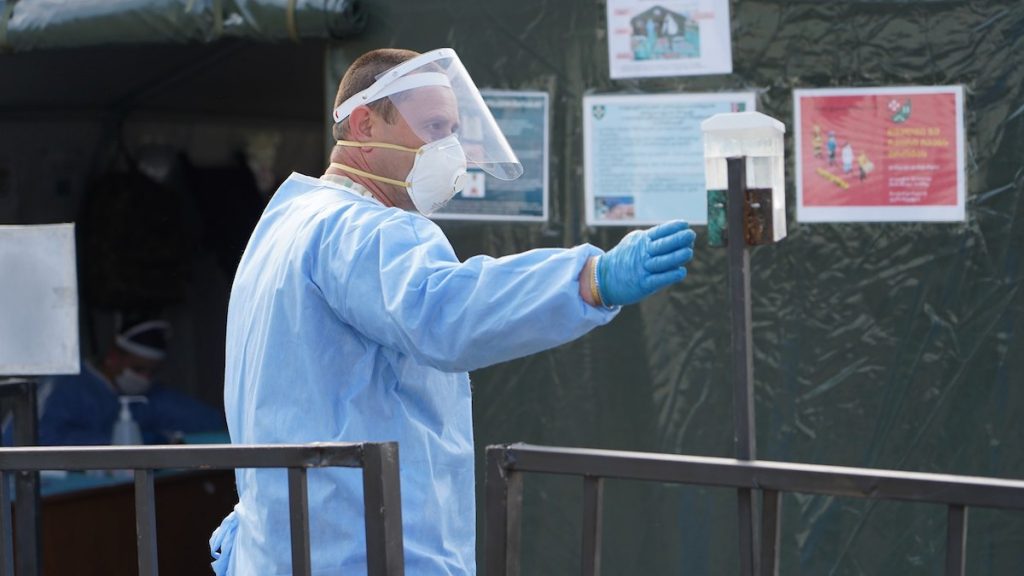
How self-isolation differs from quarantine
As Arganashvili explains, except for diplomats, families with children and people with special needs, anyone who can justify that they need it can exercise the right of self-isolation. For medical reasons, mental problems, or for any other reason.
Self-isolation involves living in your own home, but with the same restrictions on movement and contact with people as in the case of quarantine in a hotel.
Special services check the house for compliance with the requirements of the self-isolation regime, even before the family arrives. And during their stay, almost every day, or even several times a day, they come to check on them at home.
In the case of self-isolation, the citizen himself is responsible for compliance with the regime, and any violation is punishable by a fine.
Quarantine is not a resort
“People have this idea that it is pleasant to quarantine in a good hotel. But even in a good hotel room, you are completely alone. Nobody comes to visit you. You can’t even open the door and look outside or the alarm goes off. I think the impact of all this on mental health is so serious that (for people in quarantine) regular visits by a specialist are needed to ask how they are feeling today. Unfortunately, this does not happen,” says Arganashvili.
She says that children in quarantine are also not provided with pediatric services, although this is necessary. “This is how quarantine differs from self-isolation. You have a completely different situation in your own apartment and completely different conditions. “
“The main argument of the state is that it finances rather expensive quarantine measures and citizens do not pay anything. But our argument, as citizens, is that when the government pays, it must control quality. That is, the government should not be able to pay for a private hotel, and then do whatever it wants. This private hotel is currently the government for me, that is, the government put me in these conditions.”
Arganashvili says that at the moment, there is no single standard that the quarantine hotels must meet. She herself had to argue for a long time with the management of the hotel because of the poorly working air conditioner in the room.
If you are dissatisfaction with the conditions of the quarantine, Arganashvili advises you to first contact the hotel administration, or, if this proves ineffective, to contact the Emergency Response Coordination Centre.











